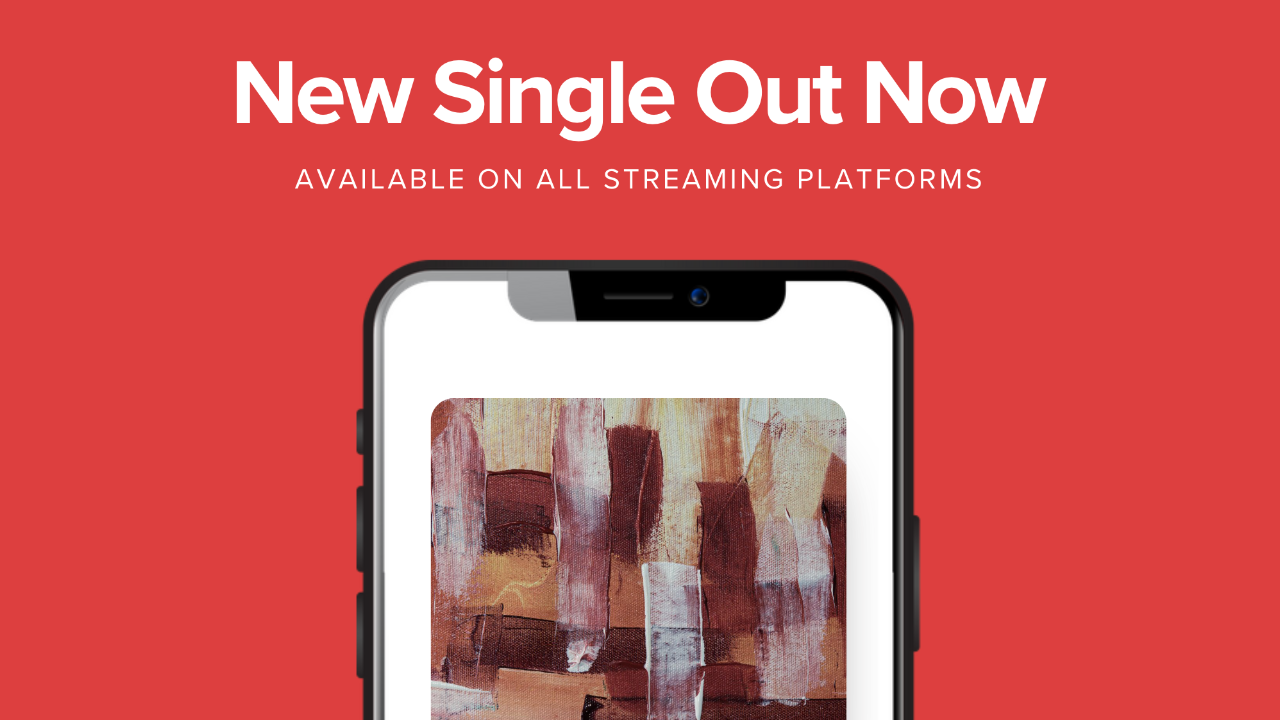
Releasing Music & Getting Organized
Aug 25, 2025Both Sarah and I are releasing music this fall! We both have EPs coming out (if you don’t know what that is…keep reading) and we’re both really excited about them. But they’re also a lot of work and as we ALSO have a book coming out about releasing music in the very near future (date TBD) I thought it would be fun to share some hot tips if you’re also thinking of releasing music.
One of the things both Sarah and I often see with our students is that they don’t have a plan for the release…so here are some ideas…
Getting Organized for Your Music Release
Releasing music is exciting, but it can also feel overwhelming. Between recording, planning, branding, and promoting, there are countless moving parts. The good news is that with some organization—and by choosing the right type of release for your current stage—you can take control of the process and set yourself up for success.
Let’s break down the different kinds of releases, timelines, budgets, and habits that will help you bring your music into the world with clarity and confidence.
Soft Release vs. Professional Release
There isn’t just one way to put music out into the world.
A soft release is what we would consider to be a low-pressure way to share your music. You’re still protecting your work legally and building some visuals around it, but you’re not investing in a major marketing push. Think of it as a “test run”—uploading to SoundCloud, Bandcamp, or YouTube, rather than going through every streaming platform. A soft release helps you learn the ropes without diving headfirst into the full demands of the industry.
A professional release, on the other hand, is more aligned with industry standards. This means professionally recorded, mixed, and mastered tracks, branding and promo materials, distribution to all major platforms, registering with performing rights organizations (PROs), and launching a marketing campaign. This type of release is what you see established artists doing, and while it requires more time and resources, it also maximizes reach and potential revenue.
Choosing Your Project: Single, EP, or Album
Once you’ve decided how you’ll release your music, the next step is to figure out what kind of project you’re creating.
Single: One song, often used to build momentum or test an idea.
EP: (Extended Play): Usually 3–5 songs tied together by a theme or mood.
Album (LP, or Long Play): 8 or more songs, or 45+ minutes of music, representing a bigger artistic statement.
Each type comes with different timelines. For example, a single might take 6–9 months if you’re starting from scratch, or 3–6 months if the song is already finished. EPs usually require 6–12 months from start to finish, while albums can stretch to 9–24 months, especially if you’re writing and recording everything fresh.
The important thing is to match your goals and available resources with the scale of your project. Don’t overcommit if your schedule and budget can’t support it.
Budgeting for Your Release
Releasing music isn’t just creative—it’s financial. A smart budget will help you avoid surprises and prioritize what matters most. Here are some common expenses to keep in mind:
- Studio rentals
- Engineers (recording, mixing, mastering)
- Musicians, background vocalists, producers
- Artwork and branding
- Photos and videos
- Merchandise
- Press and marketing campaigns
Depending on where you live and what you can do yourself, these costs will vary widely. The key is to do your research, get quotes, and plan ahead.
Deliverables Checklist
A release isn’t just about the music—it’s about all the pieces that help you share it. These “deliverables” might include:
- Recorded, mixed, and mastered tracks
- Copyright registration (with PROs, The MLC, SoundExchange, and the US Copyright Office)
- Visual branding (photos, logos, social media banners)
- Written branding (bios, artist statement, press release, EPK)
- Web presence (website, streaming service accounts, social handles)
Creating a checklist for your project can help you track progress and avoid missing anything important.
Building Habits for the Long Game
One of the most overlooked parts of releasing music is **habit-building**. Staying consistent in your creative work, organization, and promotion is what turns a stressful sprint into a sustainable practice. Drawing from James Clear’s *Atomic Habits*, here are some ways to apply strong habits to your release process:
Take care of yourself
- Organize your workspace
- Practice regularly
- Find your community.
- Plan your social media
The point isn’t to be perfect—it’s to stay consistent. Over time, habits will carry you through when motivation wanes.
Bringing It All Together
Getting organized for your release means balancing creativity with planning. Whether you start with a soft release to dip your toes in or go all-in with a professional release, the most important thing is to choose an approach that works for you.
Be realistic about timelines, set a budget, track your deliverables, and build habits that keep you moving forward. And remember: each release is a chance to learn. The more you practice the process, the stronger and more confident you’ll become.
So—what kind of release feels right for you right now?
